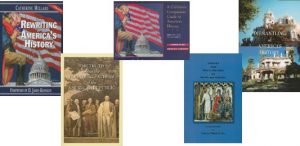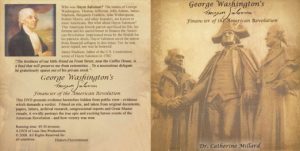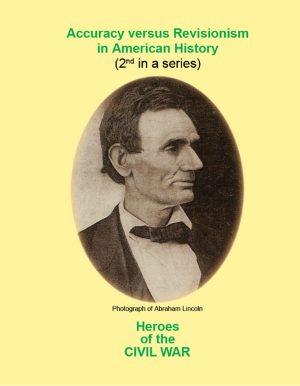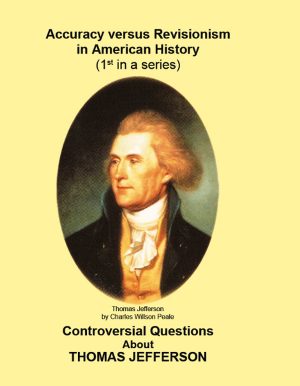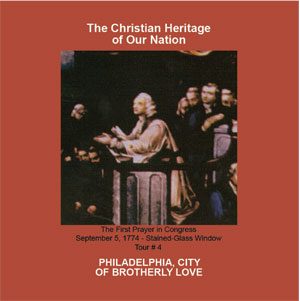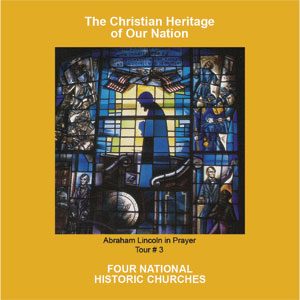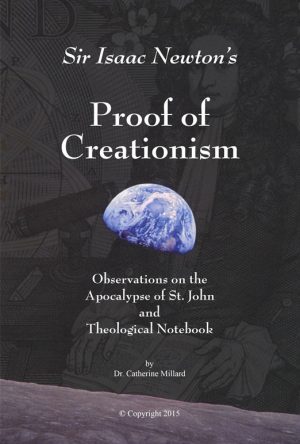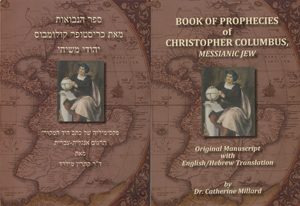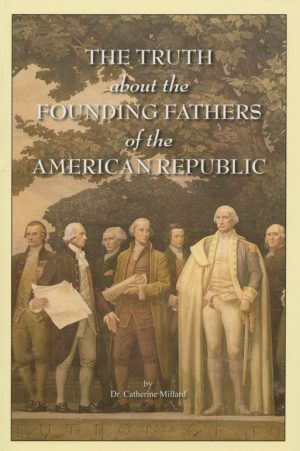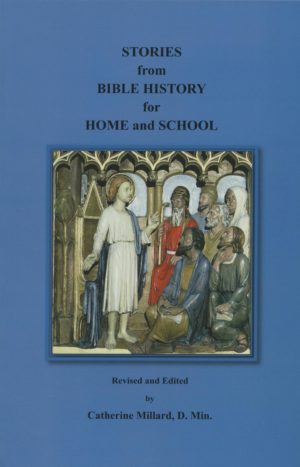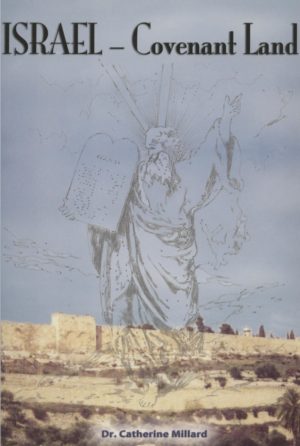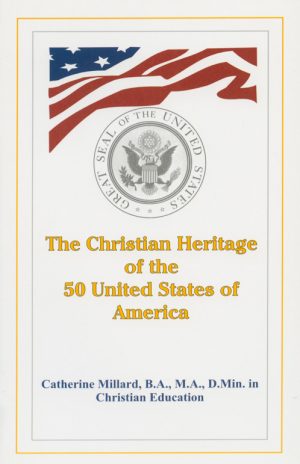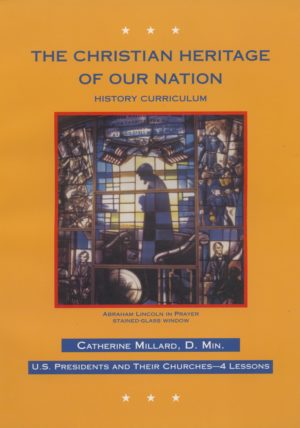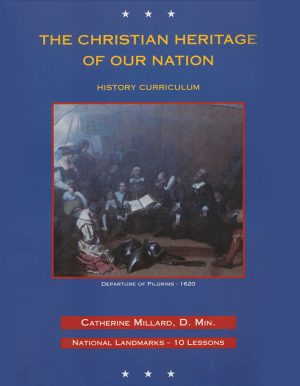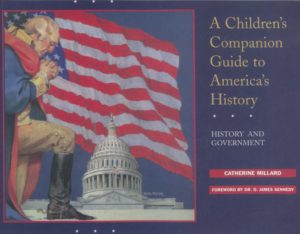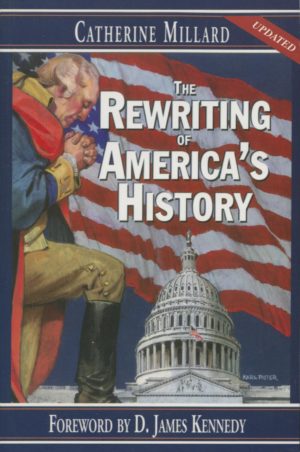William Holmes McGuffey was born on September 23, 1800, on the Ohio frontier, and died May 4, 1873, at Chancellorsville, Virginia. He continues to make news today as the most important figure in the history of American public education. 1
The National Education Association (NEA) honored McGuffey with the following resolution at his death:
In the death of William H. McGuffey, late Professor of Moral Philosophy in the University of Virginia, this Association feels that they have lost one of the great lights of the profession whose life was a lesson full of instruction; an example and model to American teachers. His labors in the cause of education, extending over a period of half a century, in several offices a teacher of common schools, college Professor and college president, and as author of text books; his almost unequaled industry; his power in the lecture room; his influence upon his pupils and community; his care for the public interests of education; his lofty devotion to duty; his conscientious Christian character – all these have made him one of the noblest ornaments of our profession in this age, and entitle him to the grateful remembrance of this Association and of the teachers of America. Elmira, New York, August 7, 1873. 2
As clergyman, professor of ancient languages and philosophy, college president, advocate of public education and textbook compiler, William Holmes McGuffey lives on as the schoolmaster of the nation. In 1837 he produced the Eclectic Third Reader (containing selections in prose and poetry, from the best American and English writers, with plain rules for reading and directions for avoiding common errors). William Earnest Smith, in his work entitled: “About the McGuffeys,” states that by the year 1963, 125 million copies of these readers had been sold. “Except the Bible,” says he, “no other book or set of books has influenced the American mind so much.” 3
“The readers were used in the public schools longer than any other text books. The keen intellectual and literary sense of the composer and the high moral values which were taught, must have been the largest factor in the long tenure of these school books,” said Dr. Benjamin Franklin Crawford, in his Life of William Holmes McGuffey, published in 1963. McGuffey has been given the title of “Great Schoolmaster of the Nation.” Just what was the content of McGuffey’s readers that made them so popular for so many years? Following are excerpts from some of his readers. The first is a selection, “More about the Bible” from the 1837 Eclectic Third Reader:
1. The design of the Bible is evidently to give us correct information concerning the creation of all things, by the omnipotent Word of God; to make known to us the state of holiness and happiness of our first parents in paradise, and their dreadful fall from that condition by transgression against God, which is the original cause of all our sin and misery.
3. The Scriptures are especially designed to make us wise unto salvation through faith in Christ Jesus; to reveal to us the mercy of the Lord in him; to form our minds after the likeness of God our Savior; to build up our souls in wisdom and faith, in love and holiness; to make us thoroughly furnished unto good works, enabling us to glorify God on earth; and, to lead us to an imperishable inheritance among the spirits of the just men made perfect, and finally to be glorified with Christ in heaven.
5. We have the most ample and satisfactory proofs that the books of the Bible are Authentic and Genuine; that is, that they were written by the persons to whom they are ascribed. The Scriptures of the Old Testament were collected and completed under the scrupulous care of inspired apostles. The singular providence of God is evident in the translation of the Old Testament into Greek, nearly three hundred years before the birth of Christ, for the benefit of the Jews who were living in countries where that language was used.
7. This will appear in a much stronger point of view when we consider the Jews as the keepers of the Old Testament. It was their own sacred volume, which contained the most extraordinary predictions concerning the infidelity of their nation, and the rise, progress, and extensive prevalence of Christianity.
8. That all the books which convey to us the history of the events of the New Testament, were written and immediately published, by persons living at the time of the occurrence of the things mentioned, and whose names they bear, is most fully proved. 1. By an unbroken series of Christian authors, reaching from the days of the apostles down to the present time. 2. By the concurrent and well-informed belief of all denominations of Christians. 3. By the acknowledgement of the most learned and intelligent enemies of Christianity.
10. Matthew and John were two of our Lord’s apostles; his constant attendants throughout the whole of his ministry; eye-witnesses of the facts, and ear-witnesses of the discourses which they related. Mark and Luke were not of the twelve apostles but they were contemporaries and associates with the apostles, and living in habits of friendship and intercourse with those who had been present at the transactions which they record…
13. The manuscripts of the sacred books are found in every ancient library in all parts of the Christian world; and amount in number to several thousands. About five hundred have been actually examined and compared by learned men with extraordinary care. Many of them were evidently transcribed as early as the eighth, seventh, sixth, and even the fourth centuries.
Questions: 1. What is the evident design of the Bible? 2. Have we proofs of the authenticity of the Bible? 3. When was the Old Testament translated in to Greek? 4. For whose immediate benefit was the translation made? 5. What is confirmed by the quotations of Christians from the Old Testament? 6. How do you prove the authenticity of the New Testament? 7. How could alterations in the Sacred Scriptures have been detected? 8. Where are ancient manuscripts of the Bible now to be found? 9. Do you think a person could now alter the Bible without being detected? 10. If God has condescended to give us His Word to guide us in the way of eternal life, do you not think that he would extend his protective hand for its preservation?
Errors: Glor-rous for Glo-ri-ous; sper-ets for spir-its; vol-lum for vol-ume; fust for first; a-pos-sles for a-pos-tles.
Spell and Define: 1. Omnipotent; 2. everlasting; 3. salvation; 5. translation; 7. predictions; 8. acknowledgements; 9. contemporaries; 11. manuscripts; 12. evangelical; 13. promulgation; 14. authenticity.
McGuffy’s Third Reader goes on to expose the meaning of the word: “Truth” a word frequently recurring in the New Testament. It shows the importance of teaching this fruit of the Holy Spirit, making it an integral part of each young American’s life while growing up. Lesson 31 is entitled: “On Speaking the Truth.”
(Rule: Too much pains cannot be taken to acquire familiarity with the stops).
1. A little girl once came into the house, and told her mother a story about something which seemed very improbable.
2. The persons who were sitting in the room with her mother did not believe the little girl, for they did not know her character. But the mother replied at once, “I have no doubt that it is true, for I never knew my daughter to tell a lie.” is there not something noble in having such a character as this?
3. Must not that little girl have felt happy in the consciousness of thus possessing her mother’s en tire confidence? Oh, how different must have been her feelings from those of the child whose word cannot be believed, and who is regarded by everyone with suspicion? Shame, shame on the child who has not magnanimity enough to tell the truth.
10. How awful must be the scene which will open before you, as you enter the eternal world!You will see the throne of God: how bright, how glorious, will it burst upon your sight! You will see God, the Savior, seated upon the majestic throne. Angels, in number more than can be counted, will fill the universe with their glittering wings, and their rapturous songs.Oh, what scene to behold! And then you will stand in the presence of this countless throng, to answer for everything you have done while you lived.
11. Every action and every thought of your life will then be fresh in your mind.You know it is written in the Bible, “God will bring every work into judgment, with every secret thing, whether it be good or whether it be evil.” How must the child then feel who has been guilty of falsehood and deception, and who sees it then all brought to light! No liar can enter the kingdom of heaven. Oh, how dreadful must be the confusion and shame, with which the deceitful child will then be overwhelmed! The angels will all see your sin and disgrace.
12. And do you think they will wish to have a liar enter heaven and be associated with them? No! They will turn from you with disgust.The Savior will look upon you in his displeasure. Conscience will read your soul.. And you must hear the awful sentence, “Depart from me, into everlasting fire, prepared for the devil and his angels.”
Questions: 1. What is the subject of this Lesson? 2. What did the little girl do? 3. What did the company think? 4. What did her mother say of her? 5. How must the little girl have felt when her mother said she could not doubt her word? 6. What did the boy do? What is degrading? 8. Should we ever resort to deception? 9. If we escape detection for falsehood here, when shall we be detected?
Errors: Set-ting for sit-ting; dah-ter for daugh-ter; diff-runt for dif-fer-ent; fur-git for for-get.
Spell and Define: 2. character; 3. consciousness; confidence; 4. falsehood; 6. contemptible; 7. disgraceful; 8. magnanimity; 10. rapturous; 11. deceitful.
Lesson 21, in the same McGuffey Eclectic Third Reader, speaks about the Character of Jesus Christ. Here again we see that, at a tender young age, American children were taught to follow the example of the Son of God, thus producing virtue in their adult lives, as opposed to modern-day vice.
(Rule: In many words the sound of “h” is suppressed where it should be sounded distinctly; and great caution must be used to avoid this fault.)
Examples: harm, heel, head, hot, hoarse, who, are pronounced improperly, arm, eel, ead, ot, orse, oo.
1. The morality taught by Jesus Christ was purer, sounder, sublime and more perfect than had ever before entered into the imagination, or proceeded from the lips of man. And this he delivered in a manner the most striking and impressive; in short, sententious, solemn, important, ponderous rules or maxims; or in familiar, natural, affecting similitude and parables.
2. He showed also a most consummate knowledge of the human heart, and dragged to light all its artifices, subtleties, and evasions. He discovered every irregular desire before it ripened into action.
3. He manifested, at the same time, the most perfect impartiality. He had no respect of persons. He reproved vice in every situation, with the same freedom and boldness, wherever he found it; and he added to the whole, the weight, the irresistible weight, of his own example.
4. He, and he only, of all the sons of men, acted up, in every minute instance, to what he taught; and his life exhibited a perfect portrait of his religion. But what completed the whole was, that he taught as the evangelist expresses it, with authority, with the authority of a divine teacher.
5. The ancient philosophers could do nothing more than give good advice to their followers; they had no means of enforcing that advice; but our great lawgiver’s precepts are all divine commands.
6. He spoke in the name of God: he called himself the Son of God. He spoke in a tone of superiority, and authority, which no one before him had the courage or the right to assume and finally, he enforced everything he taught by the most solemn and awful sanctions, by a promise of eternal felicity to those who obeyed him, and a denunciation of the most tremendous punishments to those who rejected him.
7. These were the circumstances which gave our blessed Lord the authority with which he spake. No wonder then, that the people “were astonished at His doctrines,” and that they all declared “He spake as never man spake.”
Questions: 1. Whose character is here portrayed? 2. What was the character of his instructions? 3. How did the life of Christ correspond with his teachings? 4. Wherein did he differ from the ancient philosophers?
Errors: Per-fict for per-fect; ir-reg-lur for ir-reg-u-lar; es-presses for ex-press-es; flos-phers for phi-los-o-phers. Spell and Define: 1. morality, sententious; 2. consummate; irresistible; 6. denunciation; 7. doctrines.
Lesson 37 of the Eclectic First Reader is appropriately entitled “Evening Prayer” and elaborates upon the importance of daily communion with God, this important facet of life being taught to young Americans, and emphasized in the classrooms of America’s national public schools.
At the close of the day, before you go to sleep, you should not fail to pray to God to keep you from sin and from harm.You ask your friends for food, and drink, and books, and clothes; and when they give you these things, you thank them, and love them for the good they do you. So you should ask God for those things which he can give you, and which no one else can give you. You should ask him life, and health, and strength; and you should pray to him to keep your feet from the ways of sin and shame.
You should thank him for all his good gifts; and learn, while young, to put your trust in him; and the kind care of God will be with you, both in your youth and in your old age.
Lesson 62 in the Eclectic First Reader, entitled “Don’t Take Strong Drink,” gives McGuffey’s legitimate reasons for this statement, as follows:
No little boy or girl should ever drink rum or whiskey, unless they want to become drunkards. Men who drink strong drink are glad to have any excuse for doing it. So, one will drink it because he is so hot. Another will drink it because he is cold. One will drink it when he is wet, and another because he is dry – one will drink it because he is in company, and another,because he is alone, and another will put it into his glass of water to kill the insects! Thus the pure water from the brook is poisoned with the “drunkard’s drink,”and the man who uses it, becomes a sot. Then he is seen tottering through the streets, a shame to himself and to all his family. And oh, how dreadful to die a drunkard. The Bible says that no drunkard shall inherit the kingdom of heaven. Whiskey makes the happy miserable, and it causes the rich to become poor.
The removal of the Bible, Christ and prayer from the public school domain, is in total contrast to McGuffey’s strong Christian teachings and has fostered the social degeneration that we are evidencing throughout America today.
From the above, we understand and perceive the underlying morality and Christian value-system which diffused and was disseminated throughout the American public school system, and which, in turn, formed and fashioned the American mind and thinking process. In short, it produced a people with a Christian moral fiber and conduct able to turn the world upside down with evangelization, , charitable enterprises and a concept of liberty based upon God-ordained freedoms, which were thus inculcated into the government, culture and way of life.
What occurred so drastically to change the attitudes, Christian value-system and beliefs of Americans graduating from national classrooms in the past few decades or more? A key factor has been the rewriting of America’s history in textbook form. This brilliant coup d’etat has been accomplished through the years, without firing a single shot. The result: a remolding of the free American mind liberated by biblical truth (which sets a nation free – John 8:32) – into enslavement through the rampant teaching of vice and evil conduct. The goal is to destroy this people from within her own ranks. When you have captured the minds of a people, you have captured their nation…
To learn more, click here.
_____________________
Bibliography:
1 Westernmost, John H., III. McGuffey and his Readers. Piety, Morality and Education in 19th Century America. Nashville: Abington Press, n.d., p.13.
2 Ibid., pp. 13-14.
3 Smith, William Earnest. About the McGuffeys. Oxford, Ohio: Cullen Printing, 1963. Title Page.
